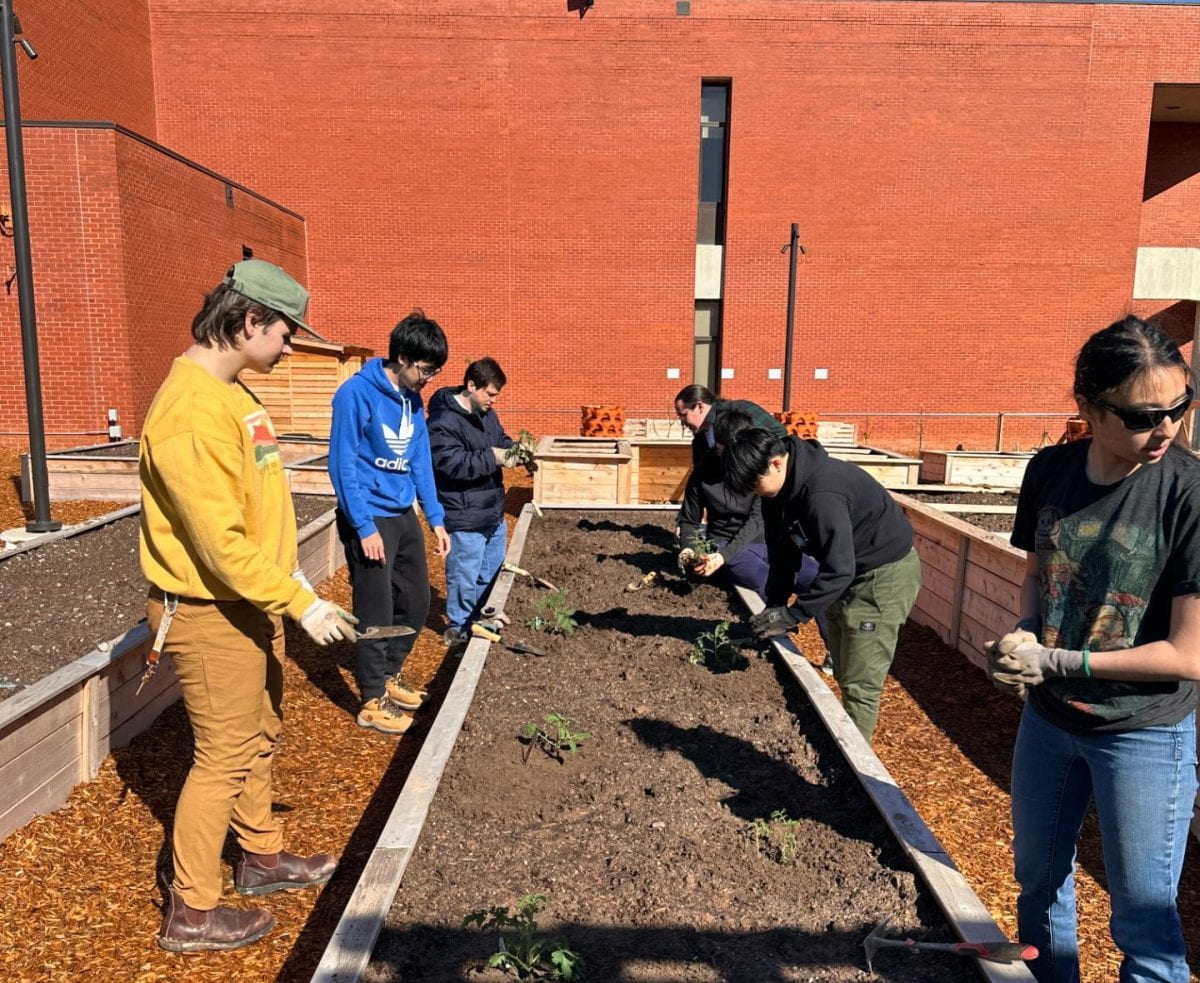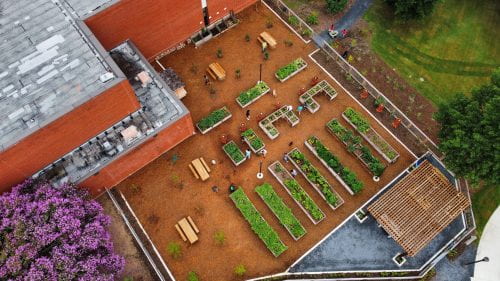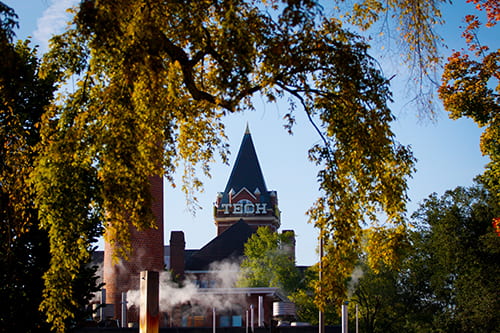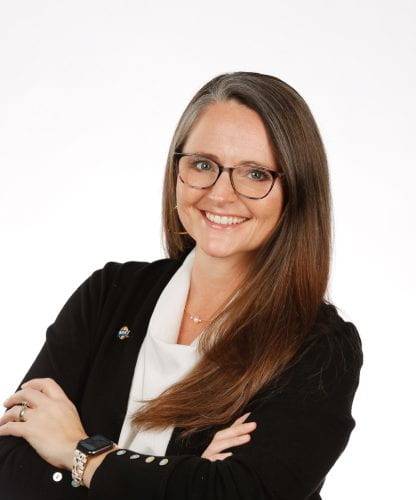Georgia Tech has joined 31 other top universities from around the country in the Small Town and Rural Students (STARS) College Network. Tech’s Office of Undergraduate Admission will leverage this partnership to further promote access to the Institute for students from small towns and rural areas.
“Our commitment to inclusive innovation involves engagement with students, families, and school officials across the state. We have identified 115 of the 159 counties in Georgia as rural, and we want to ensure that students from these areas are represented on our campus,” said Mary Tipton Woolley, interim executive director of Undergraduate Admission. “By partnering with STARS, we can build on our existing initiatives to work with rural communities, support the work of school officials and student advocates, and provide multiple avenues to experience and explore what Tech has to offer.”
The investment in Tech from Trott Family Philanthropies, part of a $50 million donation to support outreach and engagement by STARS member schools, will amplify Tech’s ongoing efforts to expand access to communities through initiatives such as the Peach State Tour, an annual recruitment event that brings Tech, Augusta University, Georgia State University, and the University of Georgia within 50 miles of every Georgian. The 2024 Peach State Tour kicks off in late August.
Last year, Undergraduate Admission increased travel around Georgia by 270%, compared to 2019, with counselors visiting 98 counties and 282 schools. The 2023-24 admission cycle saw a 13% rise in applications from Georgia students, with admitted students from 130 counties across the state. This admission cycle included the first two admits from rural Twiggs County since 2000. Twiggs County Superintendent Mack Bullard cites the school’s engagement with Georgia Tech as instrumental in those two students’ acceptance to Tech.

“If you never get exposed to it, you never get to create the dream,” he said. “That bridge between a rural community and a university is invaluable.”
Quincy Howard, a fourth-year industrial engineering major from Dublin, Georgia, noted that having the increased in-person exposure to Tech during his time in high school would have been useful. Instead, during his college search, he learned about Georgia Tech while researching engineering schools online.
“It probably would have enlightened my whole college application process,” said Howard. “Having a Tech admission counselor as a resource to guide me through my options at Tech definitely would have been helpful. I ended up on this path and went with it, but who knows, maybe other avenues would have opened up for me. That resource aspect is what I see being best about it.”
Georgia Tech will use the funding provided through STARS to dedicate additional staff to new rural outreach initiatives, support on-campus and virtual programming for rural communities, and further increase travel and marketing efforts.
This multipronged approach will, among other objectives:
- Introduce the role of program manager for STARS initiatives within the Office of Undergraduate Admission, which will lead rural outreach for the office.
- Support additional travel opportunities for rural students and school staff members to visit campus and experience Tech through a day of programming.
- Allow the Office of Undergraduate Admission to explore new partnerships with other campus efforts working in rural spaces, as well as new programming to support students in rural areas.
The STARS Network was established in 2023, with 16 founding members. In the past year, the STARS Network, created with an initial $20 million gift from Byron and Tina Trott, has connected with over a quarter-million students.
“This partnership with Trott Family Philanthropies is another step in our continued efforts to connect with communities across the state, including ones where we haven’t been present previously,” said Paul Kohn, vice provost of Enrollment Management at Tech. “Working to ensure the entire state of Georgia can experience what Tech has to offer is a core part of our strategic plan, and this is another step in achieving that goal and ultimately expanding access to an education at Tech.”
Learn more about the STARS College Network here. Read more Tech Undergraduate Admission news here.





















